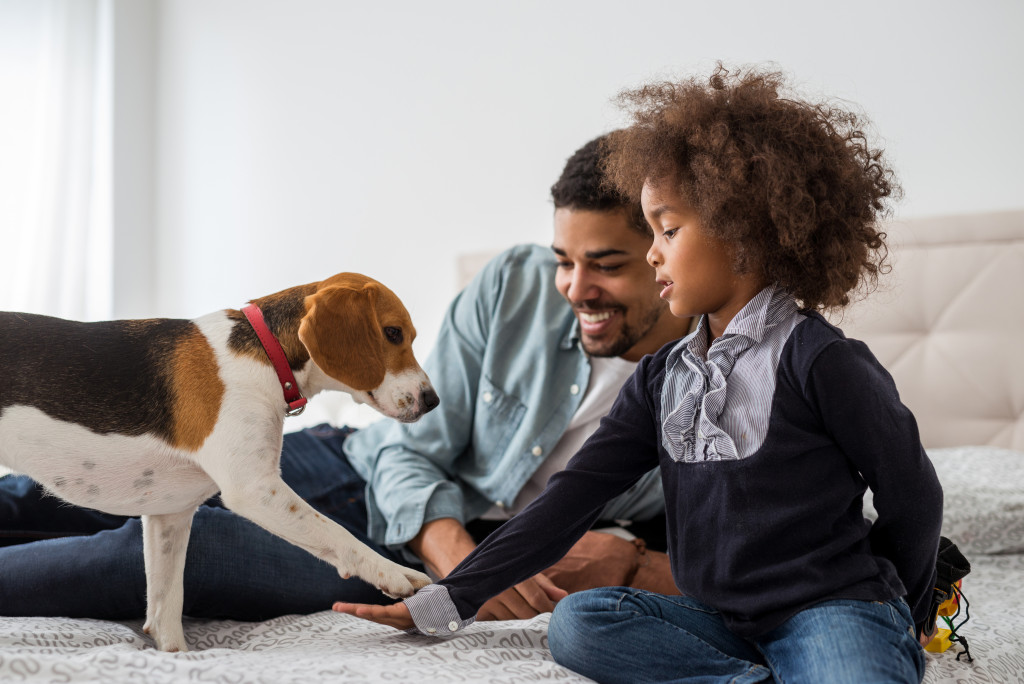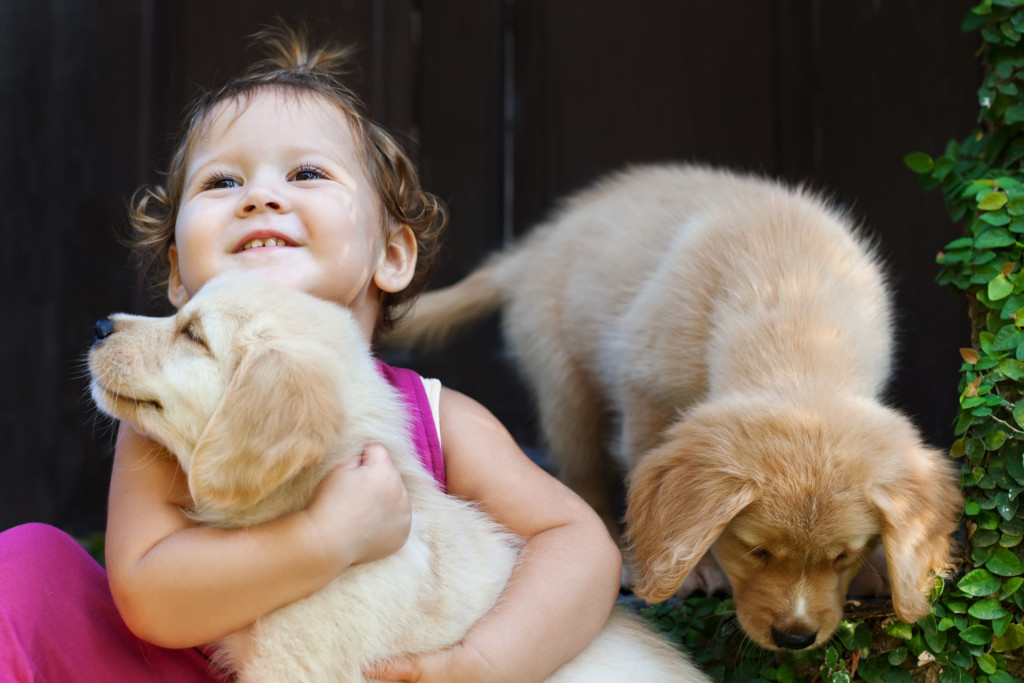Raising kids and pets is no easy task. Your children and your pets need plenty of attention, care, and love in order to grow up healthy and happy. However, if you’re a parent or pet owner who’s struggling with the challenge of finding time for both children and animals in their day-to-day life, there are some simple ways you can raise them in harmony without sacrificing either one.
Here are some tips on how to do just that:
Create a schedule
Outline when each person is responsible for caring for the other. For example, if it’s Wednesday night, your child should feed the cat while you take care of dinner. If it’s Saturday morning, your child can help clean out the cat’s litter box while you take care of laundry.
This will prevent any feelings of guilt or resentment towards the other, and you can take care of both your pets and kids in a timely fashion.
Raise your children to love animals just as much as you do
It might be easy to think that kids don’t need much care or affection since they’re at that age when they seem to cling to their parents, but your kids still need your love and attention.
If you spend a lot of time at home raising pets, then make sure you give your kids plenty of attention, too. Sit down with them every night, talk to them about their day, and play with them. Do whatever you can to ensure that your kids know that they’re as important as the animals in your life.
If you’re a working parent, know that there are daycare centers you can entrust your kids to while you’re at work. Unlike your pet which you can leave at home, your kids need to be in daycare or another facility for supervision.
Encourage independence
Both children and pets can learn a lot from one another if you give them the chance to take care of themselves every once in a while. For example, if your kitten needs to be fed on the days when you’re at work, have your child take care of their pet by following these simple steps.
You can make it fun for them, too. Set up a game with the cat where your kid tries to feed him his dinner without getting scratched or bitten in return.
Get creative with this one! If your kids aren’t old enough to take over pet responsibilities, you can encourage them to play with the animals, which will also help them bond.
If your child is young and doesn’t quite understand how to take care of pets yet, then entrust your pet’s well-being to the hands of a professional. If their dog needs daily walks at five o’clock in the morning, hire a dog walker. If their guinea pig needs food and water daily, get a pet sitter to make sure everything is taken care of while you’re away.
Getting these individual tasks done will help your kids feel more independent, and it will also free up time for them to spend with their families.

Create space in the house for interaction
Your child and your pet need to interact with one another for both of them to feel loved and cared for.
If your living room is filled with toys, electronics, and furniture, then there’s probably not going to be much space for playing or interacting together. So take out the television set and put away those remote-controlled cars that you won’t be using anytime soon.
Better yet, have space for them outdoors to run around freely and not be afraid to knock down expensive vases and break other pricey items.
If your pet isn’t frolicking outdoors as much as they used to, consider putting their cage or habitat somewhere that’s highly visible and accessible for your child to play with them.
The more exposure your kid has with animals, the more likely it is that they’ll grow up loving those furry, slimy little creatures.
Why is raising pets important to a child’s development?
Kids raised with pets are often healthier because they learn to take care of their bodies and show empathy towards other living creatures. Pets can also teach children about responsibility, which is an essential life lesson that can be learned at a young age.
Being around pets will teach your child about the circle of life and how different animals have low or high energy levels, depending on their age. Finally, they’ll learn proper pet care from a young age, which is something that will stick with them long after they’re grown up.

